Abstract In the industrial production process, unsupervised visual inspection methods have obvious advantages over supervised visual inspection methods due to the scarcity of defect samples, annotation costs and the uncertainty […]
Read More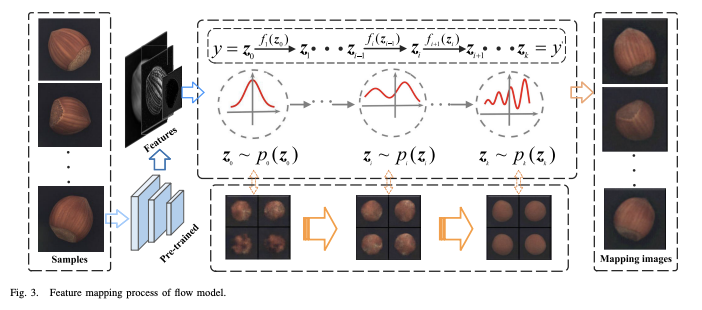

Abstract In the industrial production process, unsupervised visual inspection methods have obvious advantages over supervised visual inspection methods due to the scarcity of defect samples, annotation costs and the uncertainty […]
Read More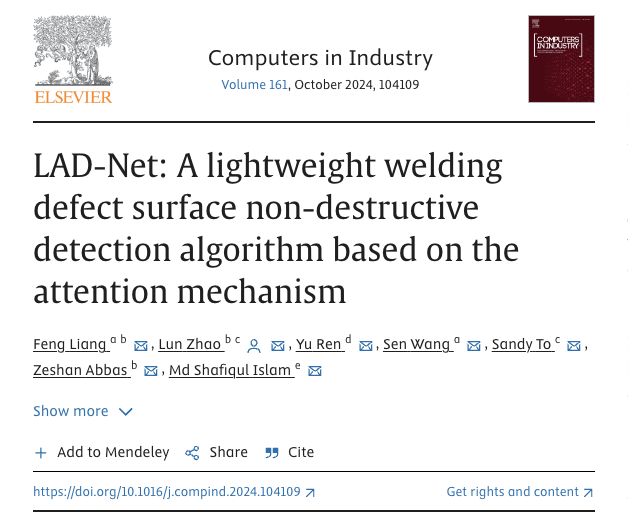
Abstract Ultrasound welding technology is widely applied in the field of industrial manufacturing. In complex working conditions, various factors such as welding parameters, equipment conditions and operational techniques contribute to […]
Read More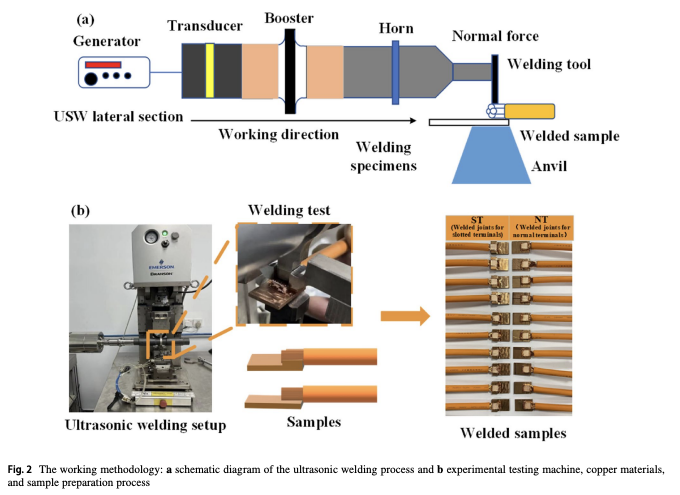
Abstract The ultrasonic metal welding technology is widely promoted as a new connection approach in the field of current energy vehicle wiring harness connection. In the present investigation, low-temperature mechanical […]
Read More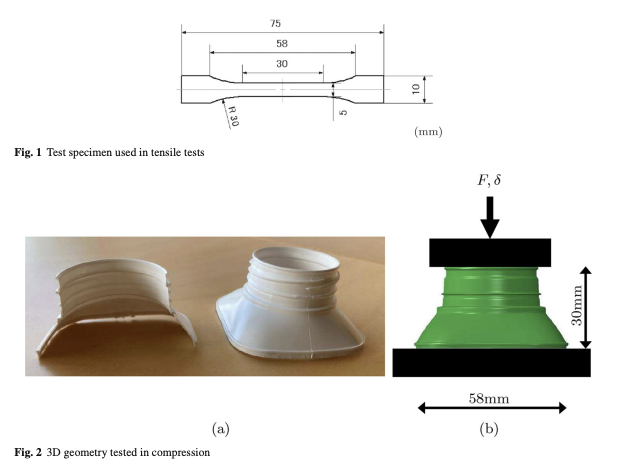
Abstract Stress relaxation of high-density polyethylene is addressed both experimentally and theoretically. Two types of stress relaxation testing are carried out: uniaxial tensile testing at constant test specimen length and […]
Read More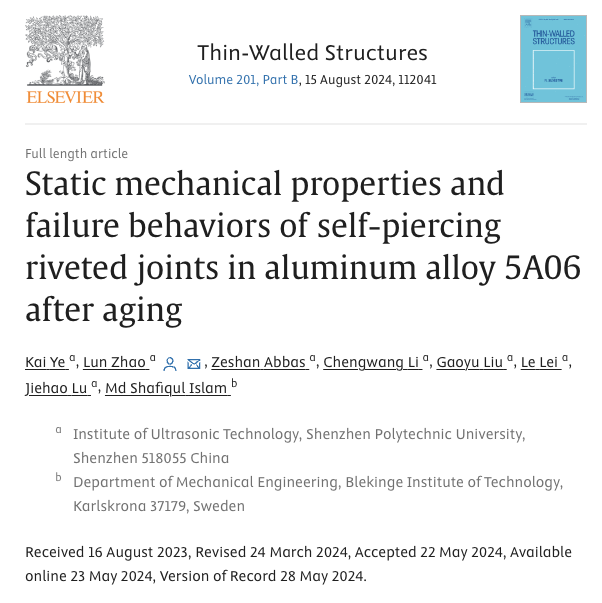
Abstract The ultrasonic metal welding technology is widely promoted as a new connection approach in the field of current energy vehicle wiring harness connection. In the present investigation, low-temperature mechanical […]
Read More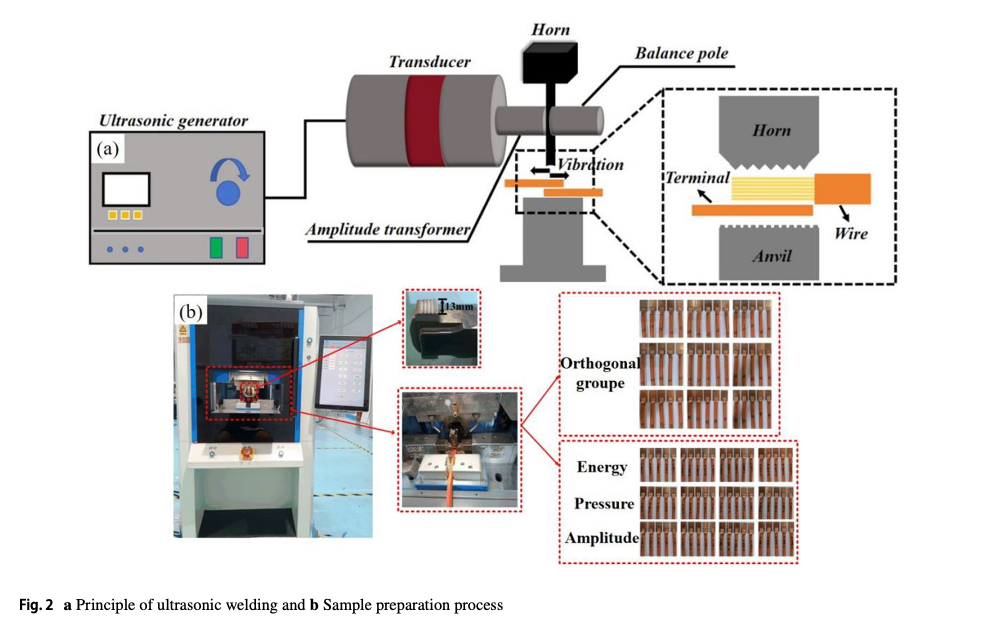
Abstract In this paper, we present an investigation of ultrasonic welding performance for 25 mm2 copper wire and T2 copper plate across various welding parameters using orthogonal experimentation. The objective of […]
Read More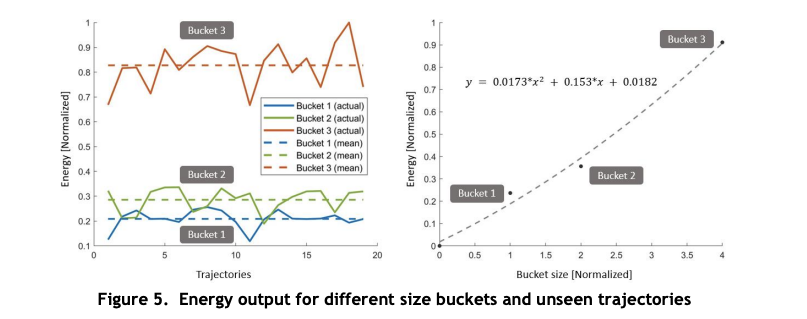
Abstract The paper addresses a critical challenge in System-of-Systems (SoS) simulations arising from the different granularity levels in SoS simulations, integrating non-coupled Discrete Element Method results into SoS-level Discrete Event […]
Read More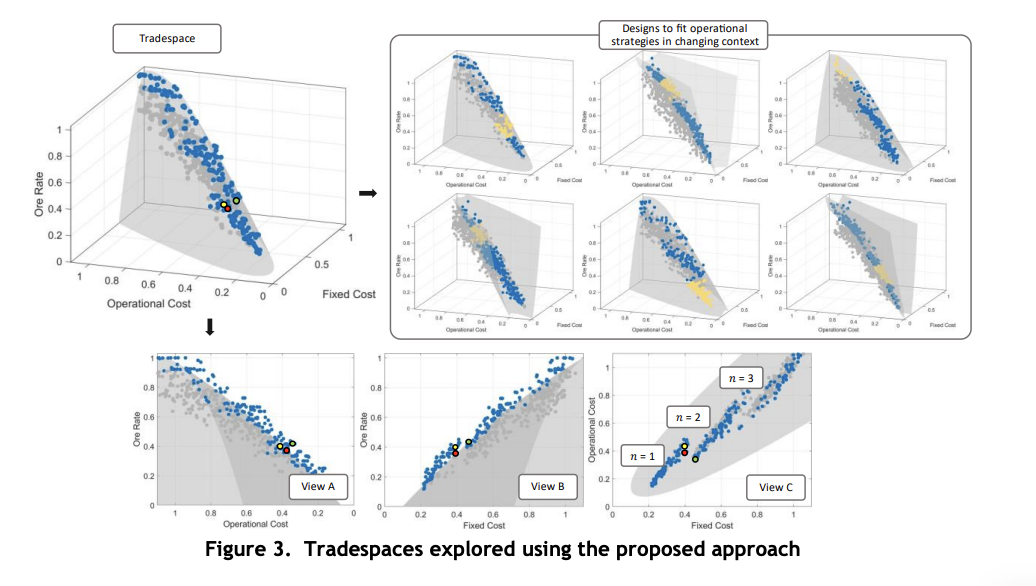
Abstract The rapid development of new technologies such as electrification, autonomy, and other contextual factors pose significant challenges to development teams in balancing competing aspects while developing value-robust solutions. One […]
Read More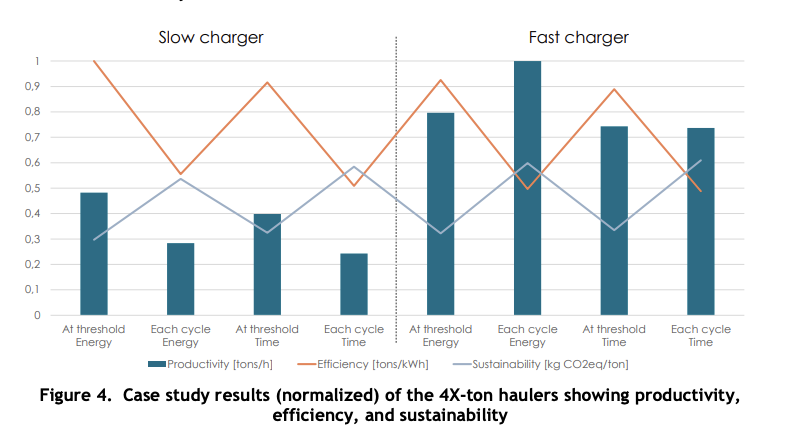
Abstract Innovation plays a vital role in ensuring sustainable mining operations. Electrification and autonomy are two significant trends, but their implementation brings complexity at vehicle and site levels. Therefore, it […]
Read More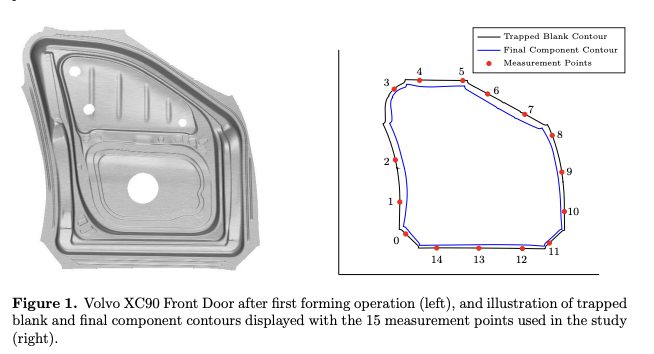
Abstract Within the automotive industry, there is an increasing demand for a paradigmshift in terms of which materials are used for the manufacturing of the automotive body. Globalclimate goals are […]
Read More